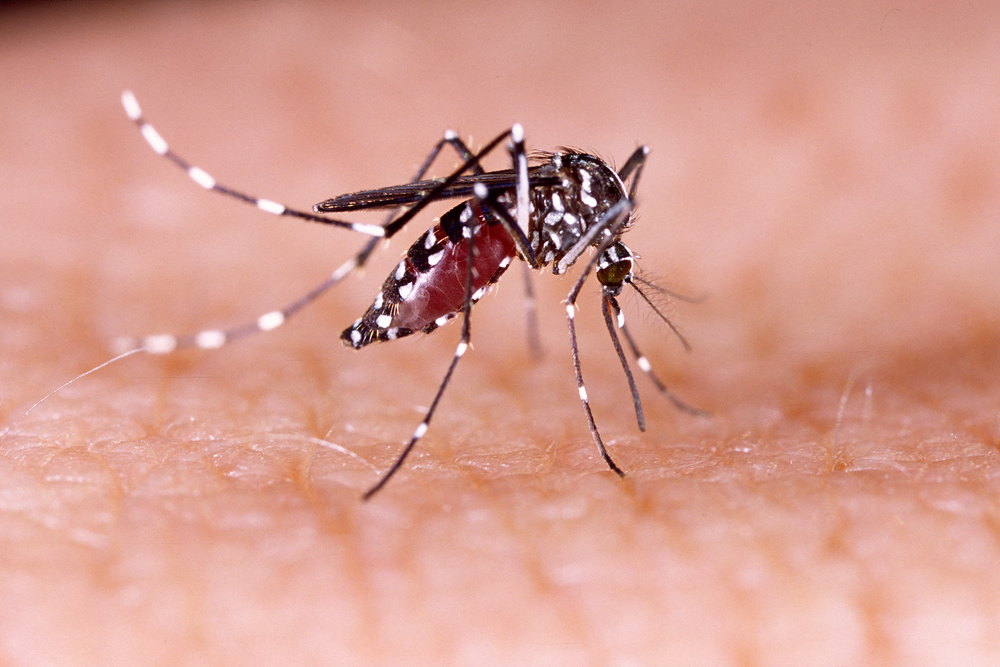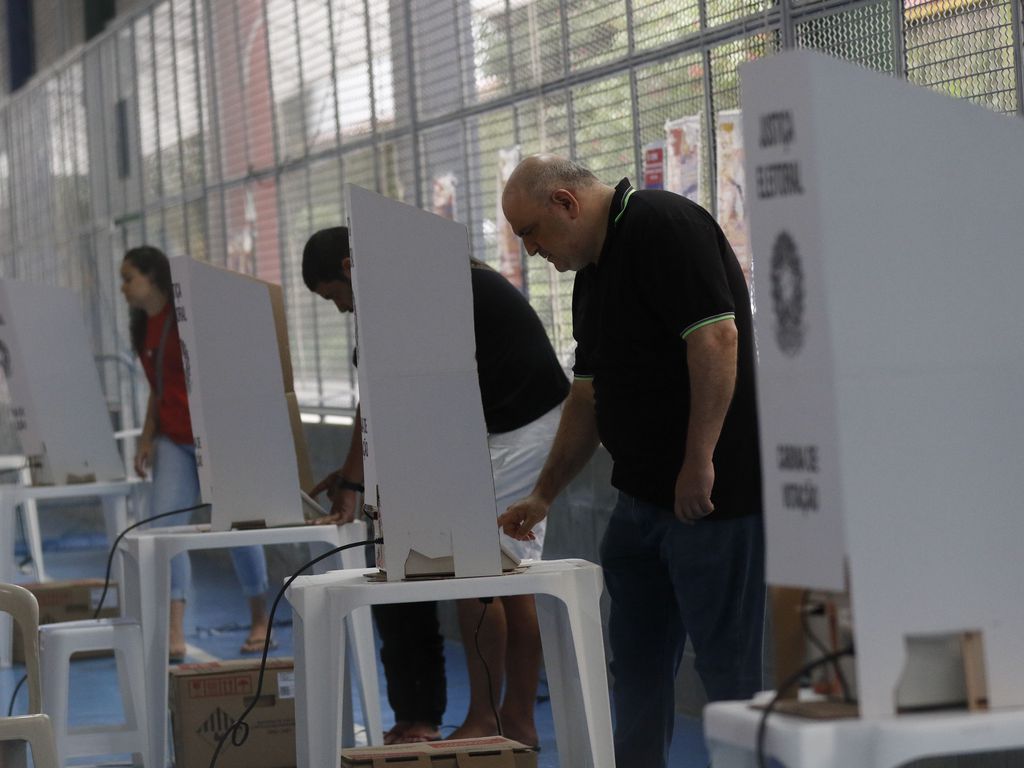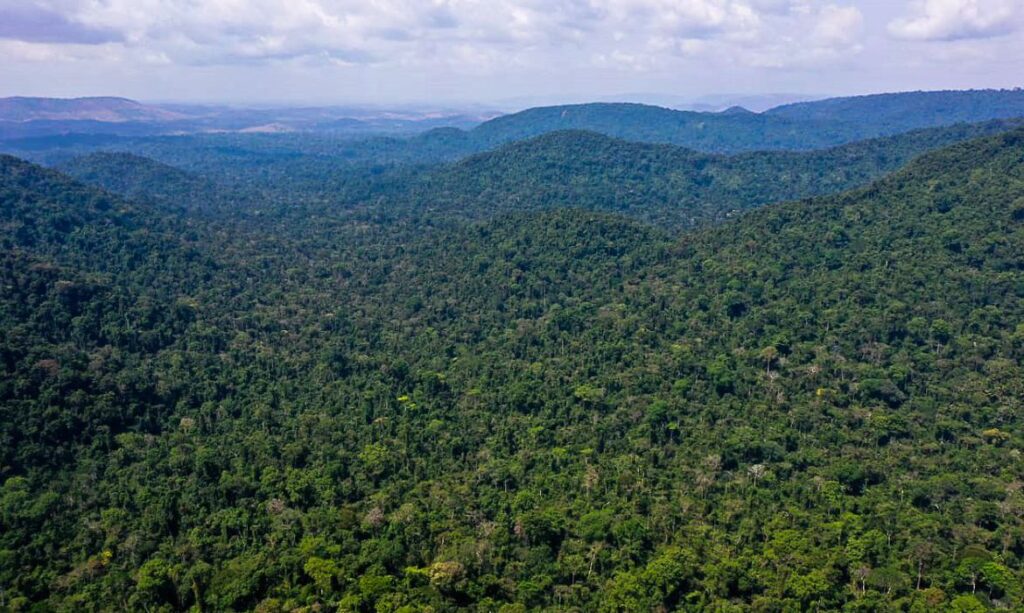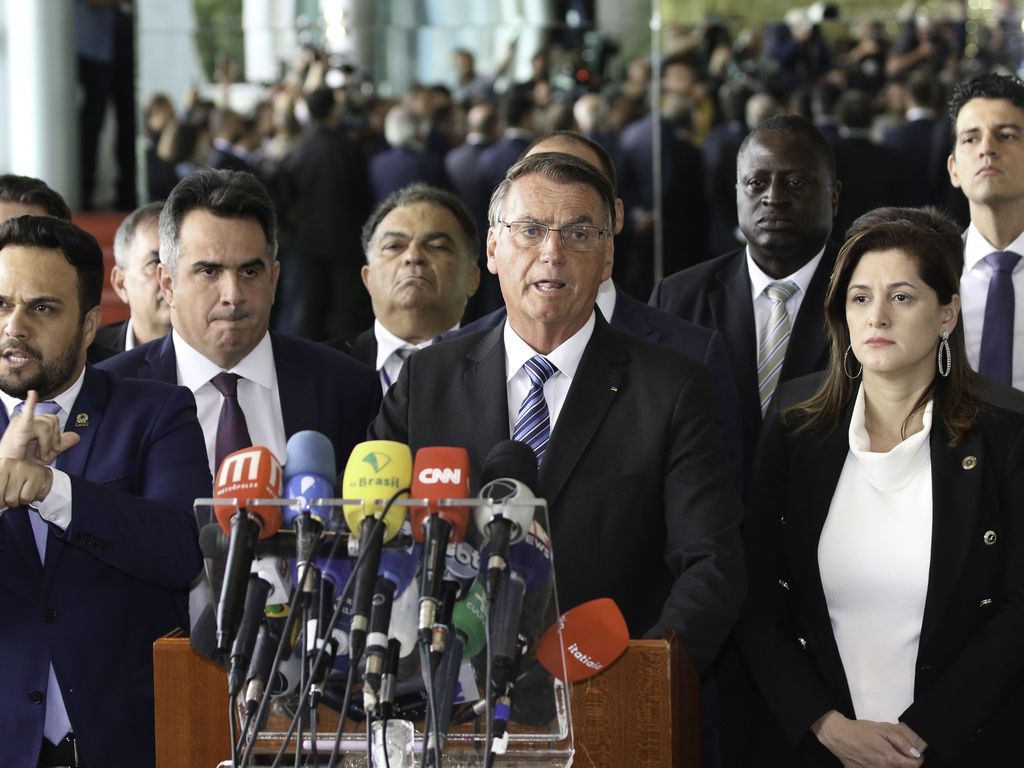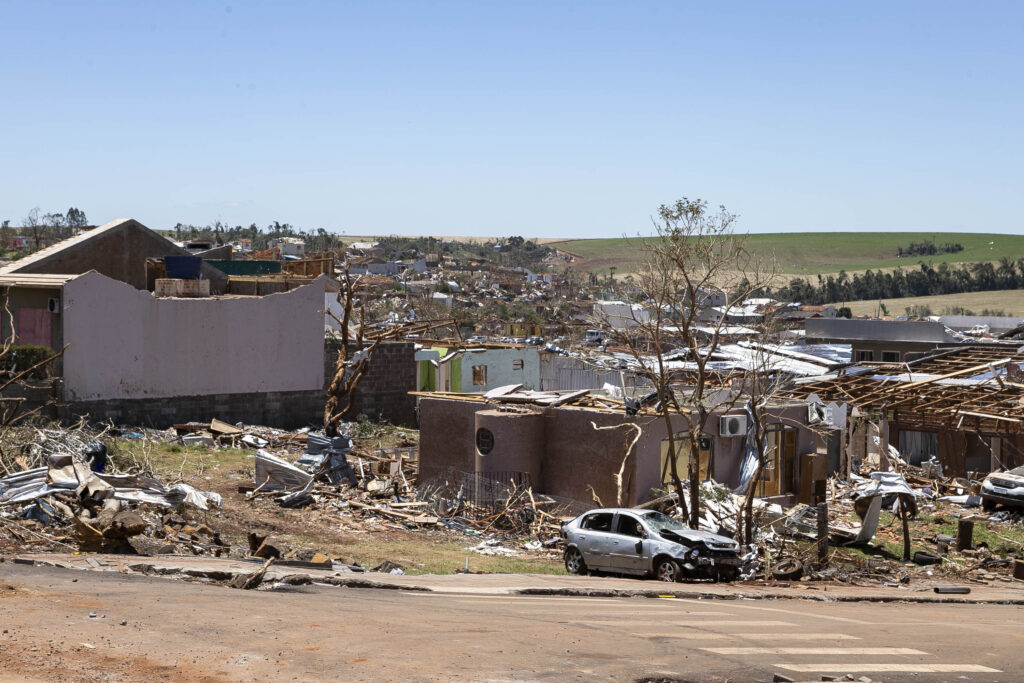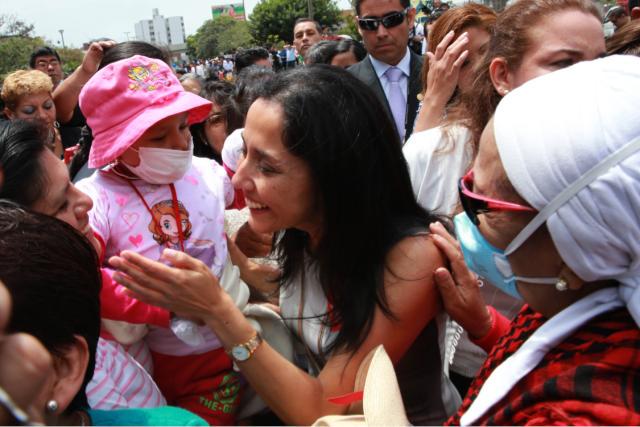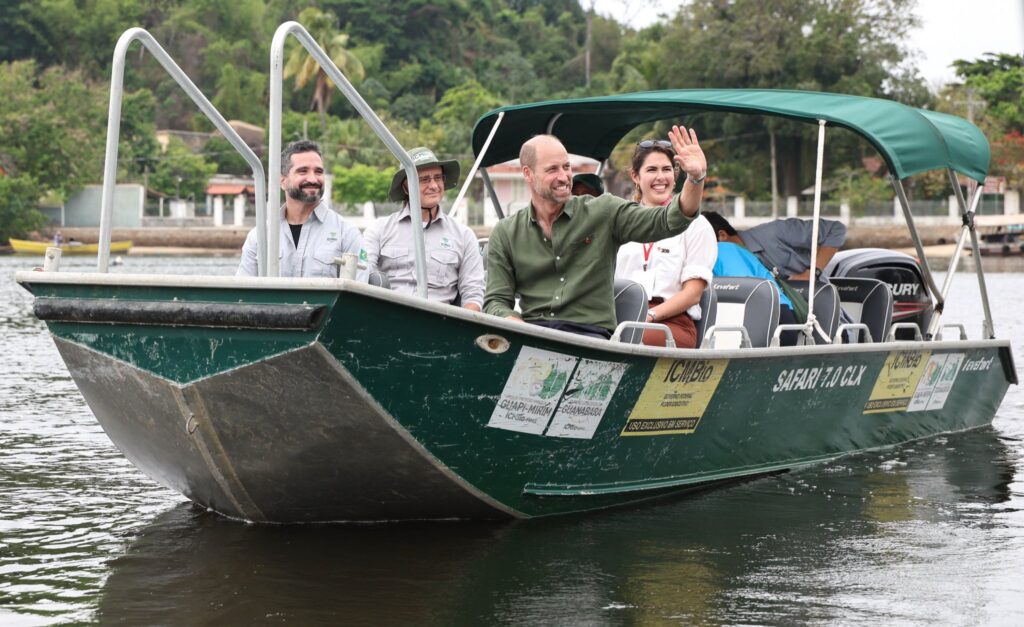Brazil’s 2015-16 zika epidemic saw around 4,000 babies born with microcephaly, as well as exposing serious flaws in the country’s public health service and basic sanitation problems.
Now, almost three years since the World Health Organisation (WHO) declared the outbreak a public health emergency, the ‘zika babies’ have become toddlers and many mothers continue their struggle to cope with the emotional and financial burdens of having a disabled child.
Catching the zika virus while pregnant often causes microcephaly, which involves a partial collapse of the skull, meaning the brain doesn’t develop properly. Later on in life, this brain damage can lead to the development of learning difficulties, muscle stiffness and, in some cases, partial blindness.
According to a report carried out Al Jazeera in December of last year, many Brazilian mothers in the northeast of the country say they still don’t receive financial support from the government, meaning the cost of medicines for their children is becoming too much to bear.
In fact, according to data from the Ministry of Health, since June this year, one third of children in Brazil with zika have not been able to access primary pediatric care.
When asked by Al Jazeera at the time of the report, the Brazilian government claimed they “hadn’t forgotten,” the babies born with the disease, pledging to spend another US $8 million this year on the rehabilitation centres they have already invested around $50 million in building, for children with rare disabilities.
With a new government around the corner, however, Human Rights Watch recently urged Brazil’s politicians not to forget the families who continue to suffer from the effects of the zika outbreak.
Given that recent outbreaks of the disease have been reported in both India and Angola, development of a vaccine against zika is becoming an increasingly pressing issue that the Pharmaceutical Journal argues is making “good progress.”
According to infectious diseases researcher Annelise Wilder-Smith, who was contacted in February of this year by the Pharmaceutical Journal, there are around 45 potential vaccines on the WHO tracker for zika, with most in preclinical development and some in phases I and II. However, because the number of cases are no longer considered to be part of an ongoing public health emergency, momentum and funding for scientific research into the field is gradually decreasing.
Another issue vaccine-developing pharmacists are tackling is the global industry of falsified medicines, which are beginning to weave their way into developing countries such as Brazil.
One of the most recent scandals, reported The Guardian, involved the suspicious packaging of a vaccine discovered in Niger which caught the attention of a local pharmacist, who noted that the manufacturer was Brazilian pharmaceutical company Bio-Manguinhos/ Fiocruz. Upon contacting the Brazilian company, who confirmed they did not produce the vaccine, the decision was made to inform the WHO of the fake medicine, likely developed by a criminal group.
Speaking to Brazil Reports, Latin American director of pharmaceutical track and trace company rfxcel Vinicius Bagnarolli pointed out that between 10-20% of all pharmaceuticals are in fact counterfeits, meaning that around US $200 billion is spent annually on false medicines.
However, with false pharmaceuticals representing the largest global fraud market, Bagnarolli assured Brazil Reports that the country was leading the way for the development of regulations to monitor them, in the wake of a wave of US legislation which is due to come into effect in the near future.
“The government is doing a good job,” Bagnarolli said, praising the work Brazil’s public health system has carried out to combat the effects of the zika virus, not only in the development of medicines and vaccines, but also in providing basic sanitary education and establishing preventative methods.
Disclosure: This article includes a client of an Espacio portfolio company


